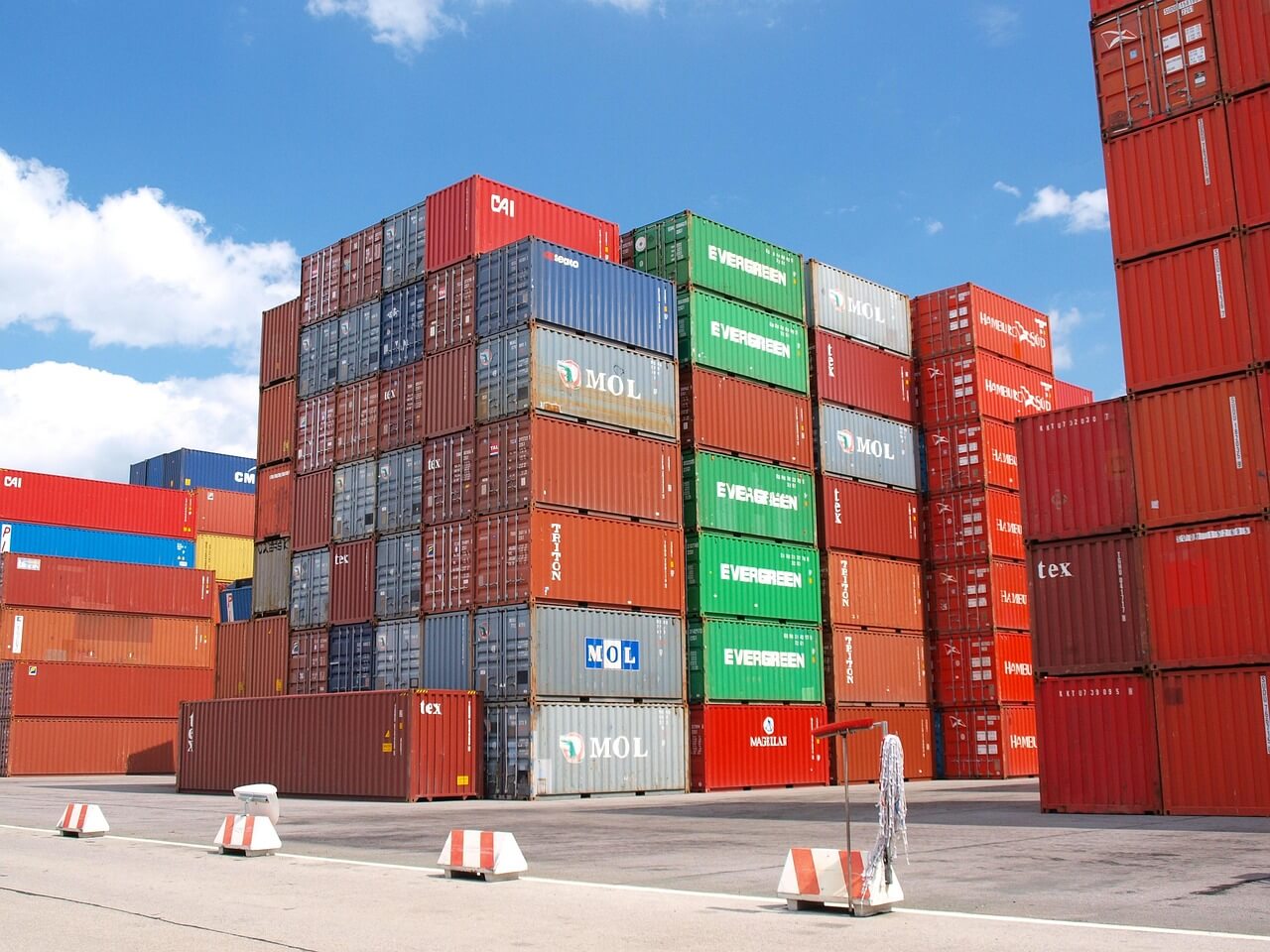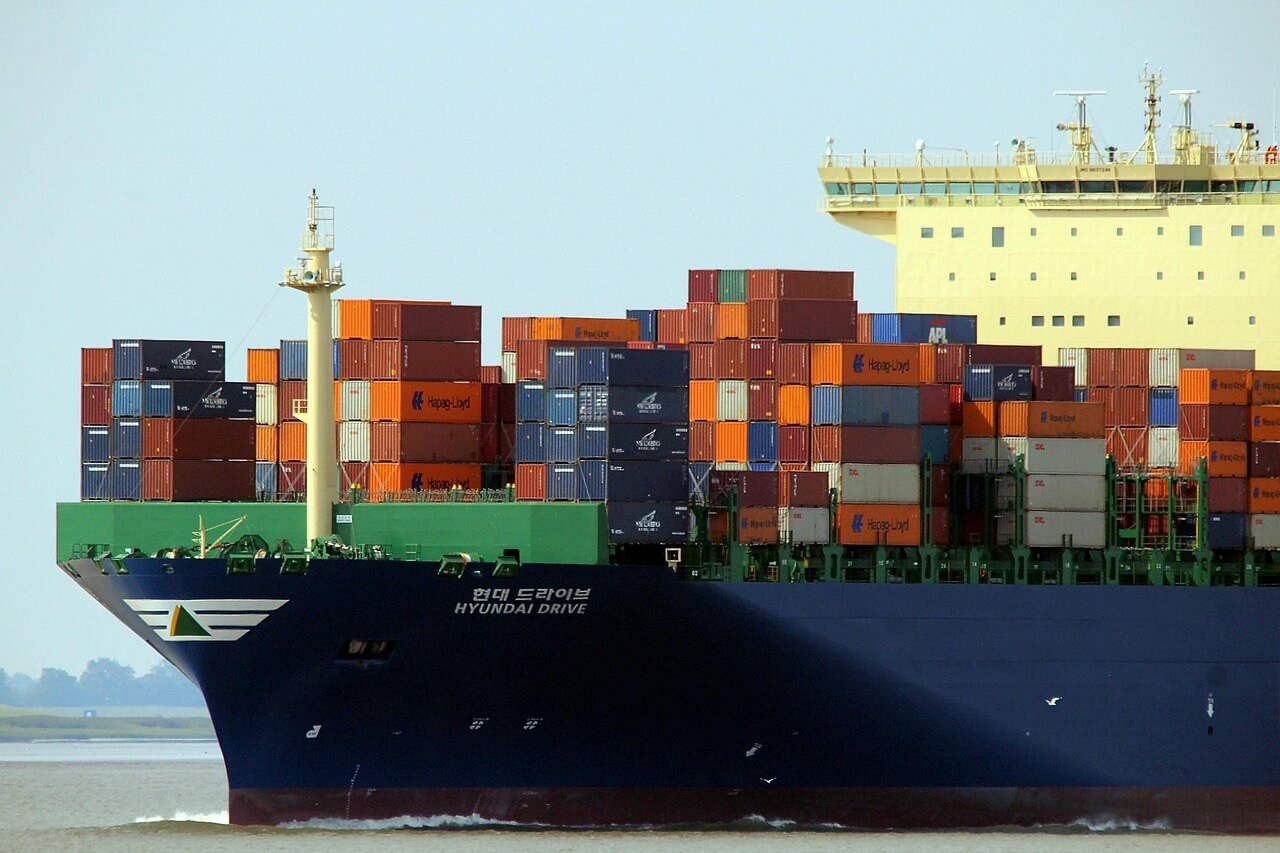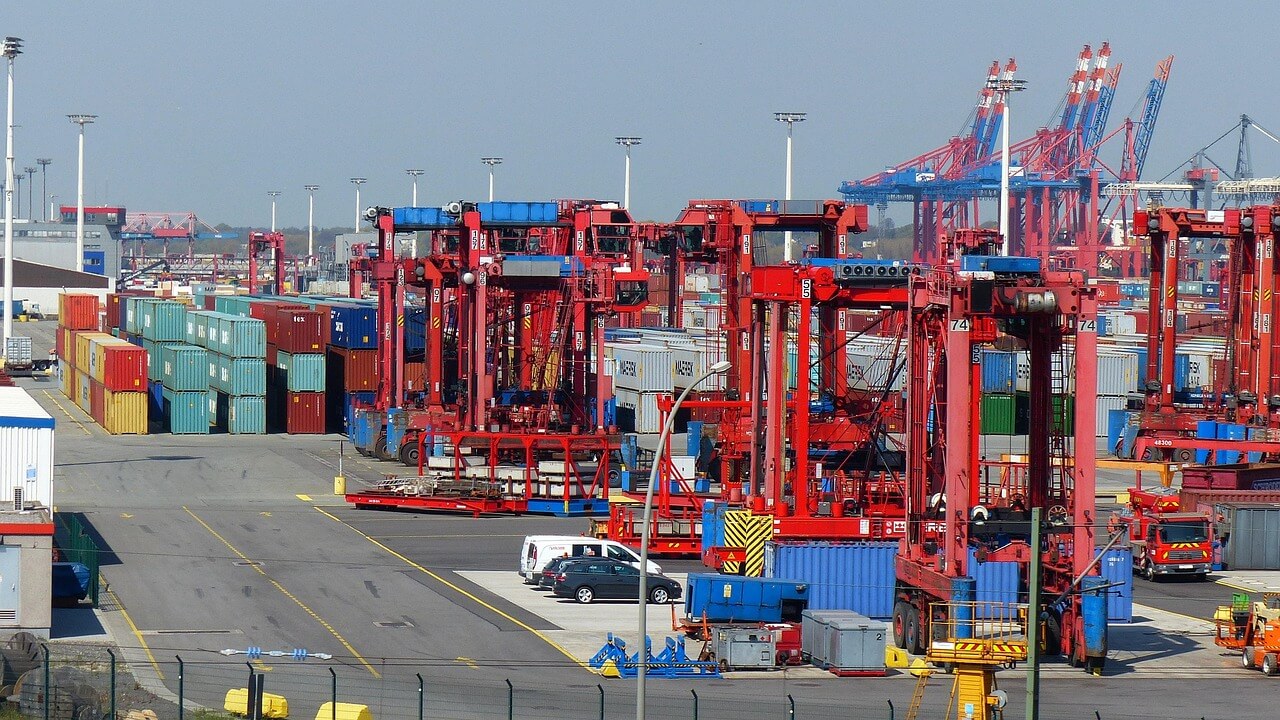
28
Apr
What are the risks associated with the payment method for express freight charges for Kenya freight
Risks in Freight Forwarder Payment Methods for Import and Export in Kenya
Kenya is an integral part of the global trade network, playing a significant role in international trade. In this context, freight forwarders play a crucial role in facilitating the import and export process. However, the freight forwarding industry in Kenya faces various risks when it comes to payment methods for both domestic and international transactions. Here are some potential risks to consider:
1. Currency Fluctuation Risks: The foreign exchange rates can fluctuate significantly, which impacts the final cost of services. Freight forwarders are often exposed to risks associated with currency exchange rates, especially when working with international clients and suppliers. This can affect their profits and operational costs.
2. Risk of Payment Fraud: In any industry, payment fraud remains a significant concern. The lack of secure payment systems can lead to potential fraud by either parties involved in the transaction. Freight forwarders need to ensure they are using secure payment gateways and conduct thorough verification of clients and suppliers to mitigate this risk.
3. Delayed Payment Risks: Delay in payment is another significant challenge for freight forwarders in Kenya. Both domestic and international clients may encounter payment delays due to various reasons such as cash flow issues or payment disputes with suppliers. This can cause operational difficulties and financial stress on freight forwarders.
4. Risk of Bad Debt: Unpaid invoices or bad debts can occur due to various reasons like client default or non-payment. Freight forwarders need to conduct thorough credit checks on their clients and ensure proper collection procedures are followed to mitigate this risk.
5. Risk of Hidden Fees: There may be hidden fees or additional costs associated with certain payment methods, which can be challenging for freight forwarders to identify and manage. It is essential for freight forwarders to clearly communicate and agree on all costs and fees with their clients to avoid any disputes or misunderstandings later on.
To mitigate these risks, freight forwarders in Kenya should consider the following strategies:
- Adopting secure payment gateways and using encrypted communication methods to ensure transaction security.
- Conduct thorough credit checks on clients and suppliers before establishing any business relationships.
- Adopt risk management strategies to identify and mitigate potential risks associated with different payment methods.
- Clearly communicate and agree on all costs and fees with clients to avoid any disputes or misunderstandings later on.
- Seek assistance from financial institutions or trade associations for advice on managing risks related to payment methods in import and export transactions.
In conclusion, freight forwarders in Kenya face various risks when it comes to payment methods in import and export transactions. It is essential for them to be aware of these risks and implement effective strategies to mitigate them, ensuring smooth operations and successful transactions.
Kenya is an integral part of the global trade network, playing a significant role in international trade. In this context, freight forwarders play a crucial role in facilitating the import and export process. However, the freight forwarding industry in Kenya faces various risks when it comes to payment methods for both domestic and international transactions. Here are some potential risks to consider:
1. Currency Fluctuation Risks: The foreign exchange rates can fluctuate significantly, which impacts the final cost of services. Freight forwarders are often exposed to risks associated with currency exchange rates, especially when working with international clients and suppliers. This can affect their profits and operational costs.
2. Risk of Payment Fraud: In any industry, payment fraud remains a significant concern. The lack of secure payment systems can lead to potential fraud by either parties involved in the transaction. Freight forwarders need to ensure they are using secure payment gateways and conduct thorough verification of clients and suppliers to mitigate this risk.
3. Delayed Payment Risks: Delay in payment is another significant challenge for freight forwarders in Kenya. Both domestic and international clients may encounter payment delays due to various reasons such as cash flow issues or payment disputes with suppliers. This can cause operational difficulties and financial stress on freight forwarders.
4. Risk of Bad Debt: Unpaid invoices or bad debts can occur due to various reasons like client default or non-payment. Freight forwarders need to conduct thorough credit checks on their clients and ensure proper collection procedures are followed to mitigate this risk.
5. Risk of Hidden Fees: There may be hidden fees or additional costs associated with certain payment methods, which can be challenging for freight forwarders to identify and manage. It is essential for freight forwarders to clearly communicate and agree on all costs and fees with their clients to avoid any disputes or misunderstandings later on.
To mitigate these risks, freight forwarders in Kenya should consider the following strategies:
- Adopting secure payment gateways and using encrypted communication methods to ensure transaction security.
- Conduct thorough credit checks on clients and suppliers before establishing any business relationships.
- Adopt risk management strategies to identify and mitigate potential risks associated with different payment methods.
- Clearly communicate and agree on all costs and fees with clients to avoid any disputes or misunderstandings later on.
- Seek assistance from financial institutions or trade associations for advice on managing risks related to payment methods in import and export transactions.
In conclusion, freight forwarders in Kenya face various risks when it comes to payment methods in import and export transactions. It is essential for them to be aware of these risks and implement effective strategies to mitigate them, ensuring smooth operations and successful transactions.
LEAVE YOUR COMMENT
categories
recentpost
-
 How can freight forwarders achieve efficient logistics and shipping from China to Tanzania?Apr 30,2025
How can freight forwarders achieve efficient logistics and shipping from China to Tanzania?Apr 30,2025 -
 What are the guarantee measures for transportation and transaction services from China to the UnitedApr 30,2025
What are the guarantee measures for transportation and transaction services from China to the UnitedApr 30,2025 -
 How is the international freight delivery service for transporting goods to Saudi Arabia?Apr 30,2025
How is the international freight delivery service for transporting goods to Saudi Arabia?Apr 30,2025 -
 What is the delivery time for international freight from China to Kenya?Apr 30,2025
What is the delivery time for international freight from China to Kenya?Apr 30,2025 -
 What is the customs clearance process for global land transportation from China to the United Arab EApr 30,2025
What is the customs clearance process for global land transportation from China to the United Arab EApr 30,2025 -
 Shipping Guide from China to Qatar: How to Calculate LCL Shipping Cost?Apr 30,2025
Shipping Guide from China to Qatar: How to Calculate LCL Shipping Cost?Apr 30,2025

